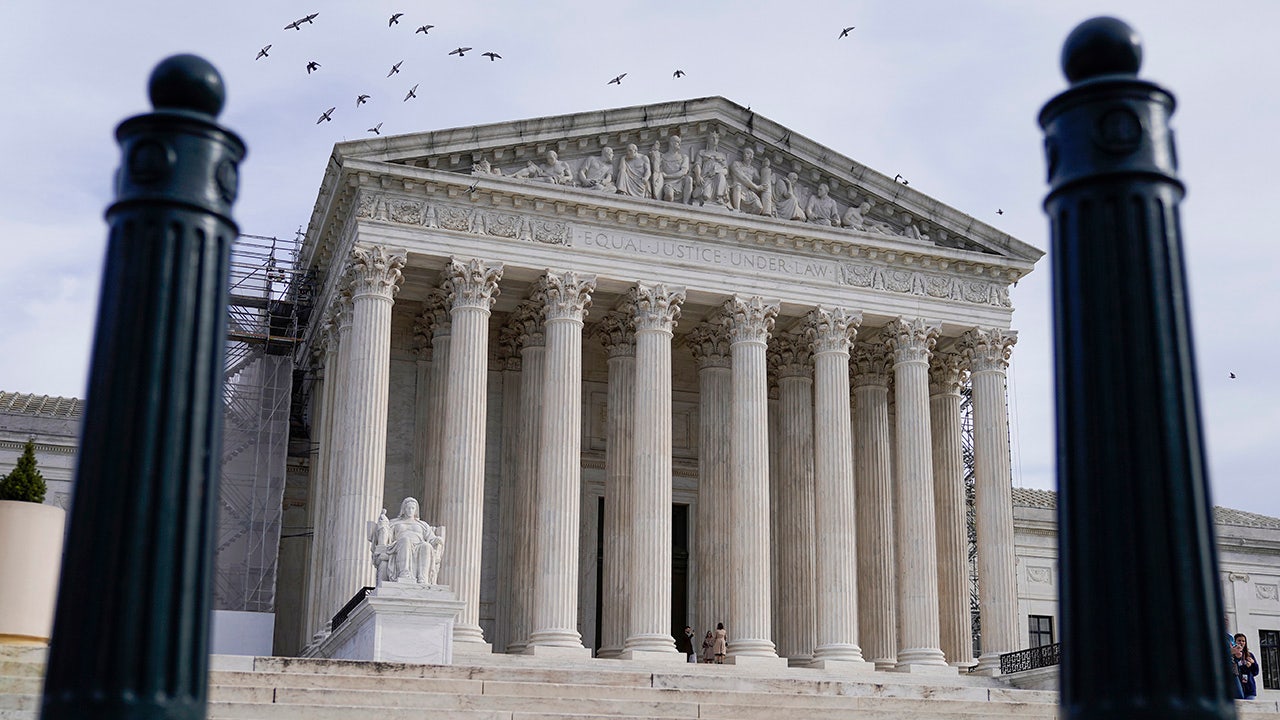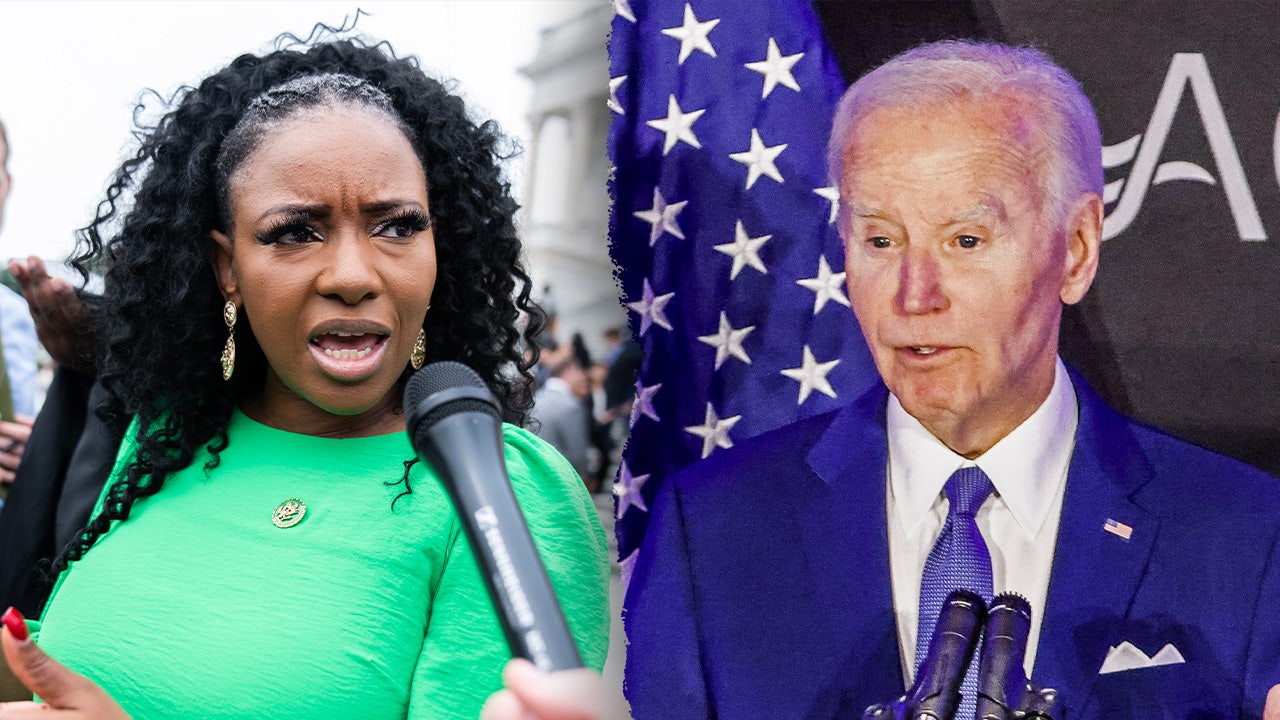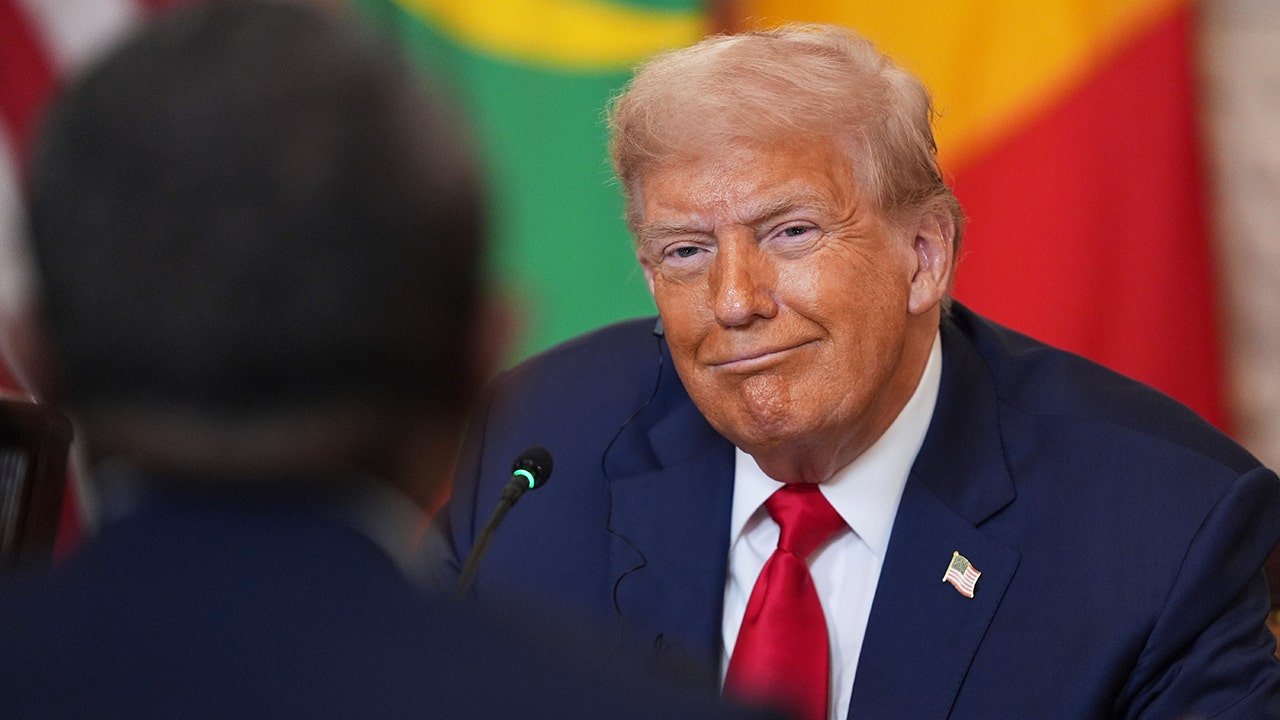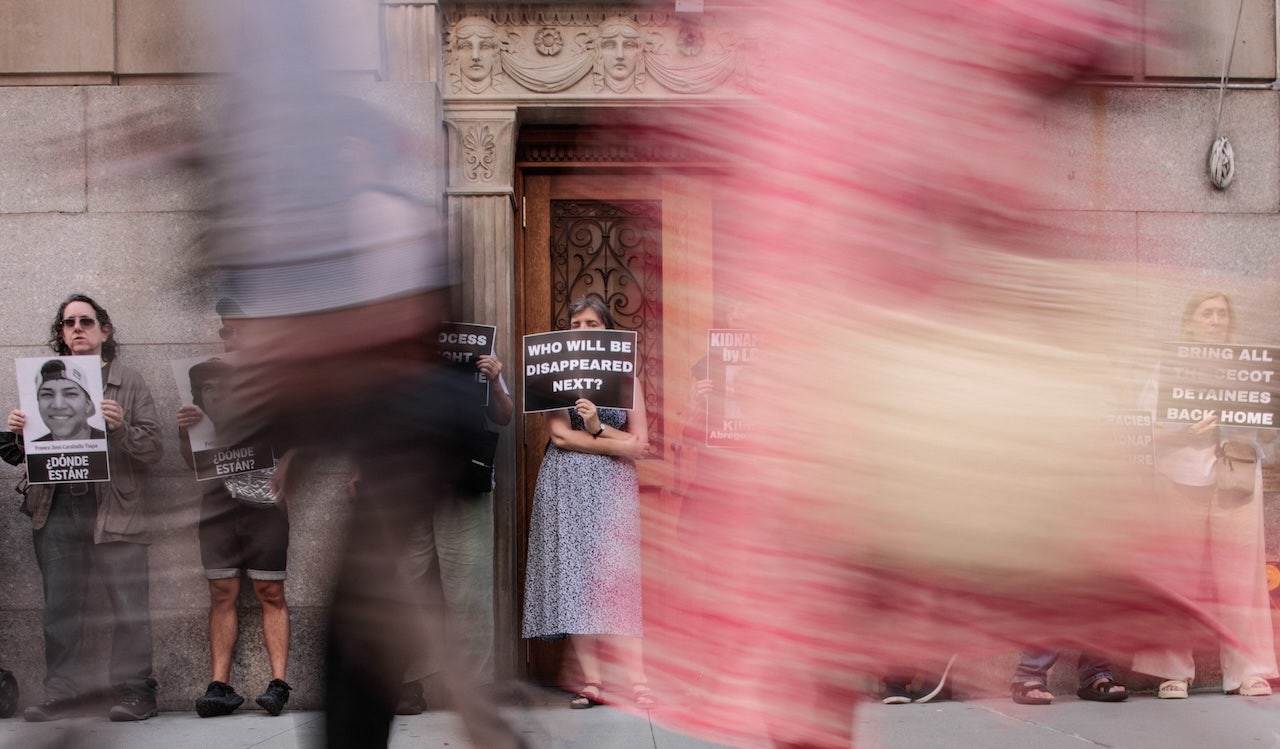SCOTUS seems to lean toward parents’ position in controversial storybook case

The Supreme Court’s conservative majority has shown strong support for parents who want the right to be informed about and opt their children out of reading material in elementary schools that they believe conflicts with their faith. This issue arose in Montgomery County, Maryland, where the school board initially allowed parents to opt their children out of books related to gender and sexuality. However, the school board later withdrew this policy, leading to a federal lawsuit.
During a lengthy oral argument that lasted two-and-a-half hours, the justices debated whether parents have been unfairly burdened in exercising their constitutional rights. This case is one of three high-profile religious-themed cases that the Supreme Court will decide this term. The other cases include disputes over tax exemptions for religious groups and taxpayer funding for private religious charter schools.
Justice Sonia Sotomayor and her liberal colleagues seemed to support the county’s position on the storybooks. However, Justice Samuel Alito and other conservative justices argued in favor of allowing parents to opt their children out of the controversial reading material. Alito questioned the content of the books, such as “Prince & Knight” and “Uncle Bobby’s Wedding,” which depict same-sex marriage and LGBTQ+ themes.
Outside the court, hundreds of people on both sides of the issue rallied, with some advocating for parental rights and others supporting inclusivity. The school district in Montgomery County introduced new books with LGBTQ+ characters as part of its inclusivity initiative. However, some parents, like Grace Morrison, felt that these books conflicted with their religious beliefs and chose to homeschool their children instead.
The school district initially allowed parents to opt their children out of the reading program, but later reversed this decision. This led to a federal appeals court ruling in favor of the school district, stating that children were not pressured to abandon their religious beliefs by simply being exposed to different views. The Supreme Court’s public session focused on the practicality of implementing an opt-out policy and the potential impact on classroom dynamics.
Justice Elena Kagan expressed concerns about young children being exposed to sensitive topics in the books, while Justice Brett Kavanaugh questioned why the school district canceled its original opt-out policy. The court also grappled with the idea of giving parents broad discretion to object to classroom materials.
Advocacy groups on both sides filed briefs in support of their positions, with educators arguing for the freedom to develop lesson plans that reflect the community and parents and religious groups advocating for children’s rights to not participate in activities that contradict their beliefs. The Trump administration has backed the parents in this case, arguing that the school policy compromises parents’ ability to act in accordance with their religious beliefs.
A ruling on the case, Mahmoud v. Taylor (24-297), is expected before the court’s summer recess in late June. The outcome of this case could have far-reaching implications for parental rights and religious freedoms in the education system.




